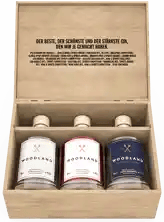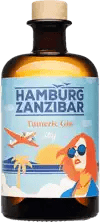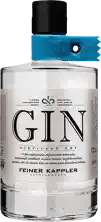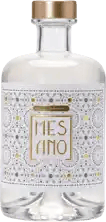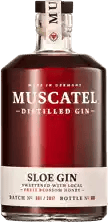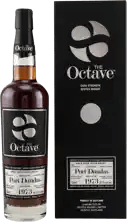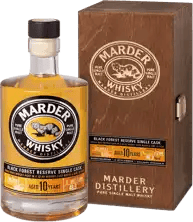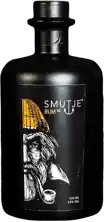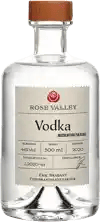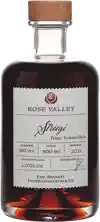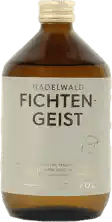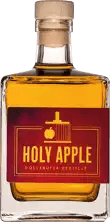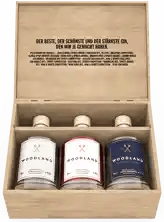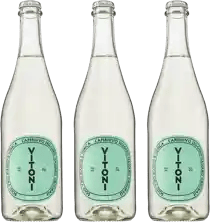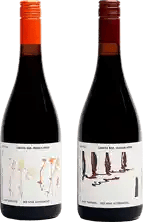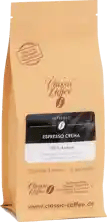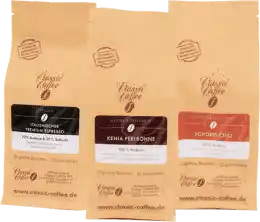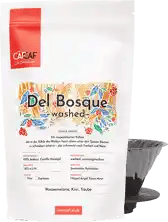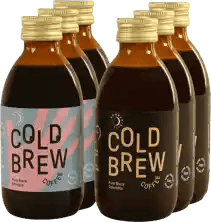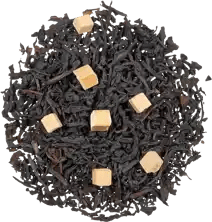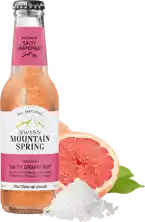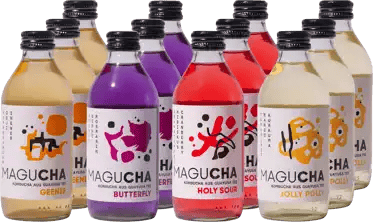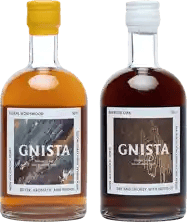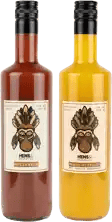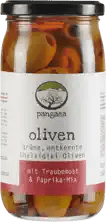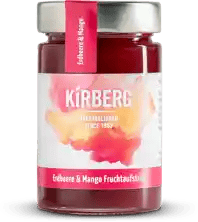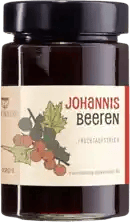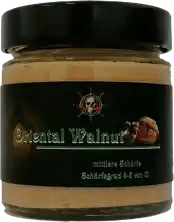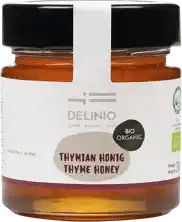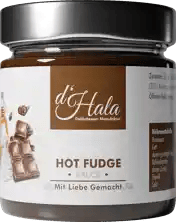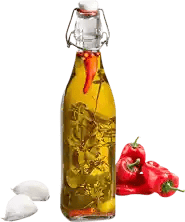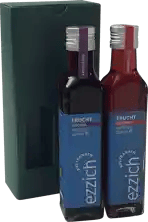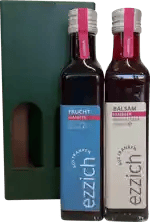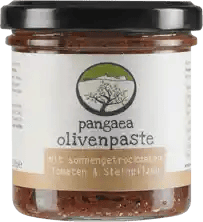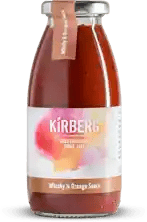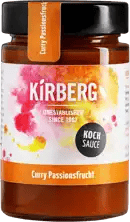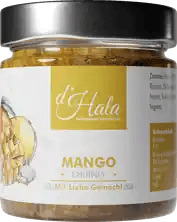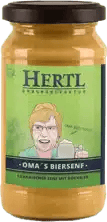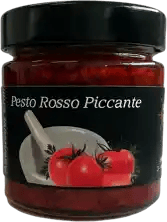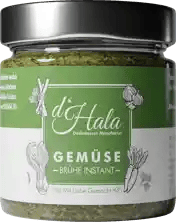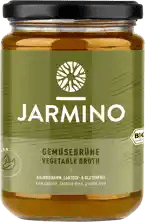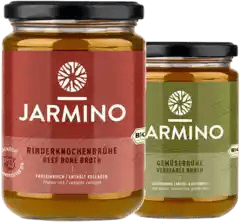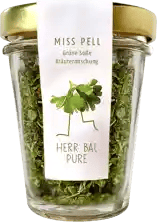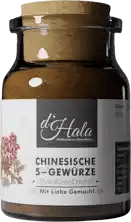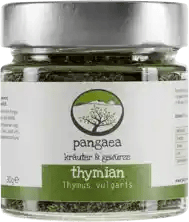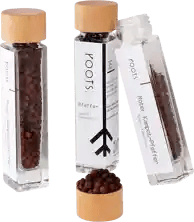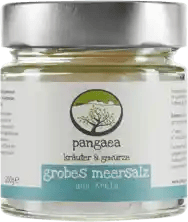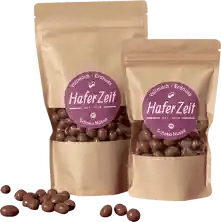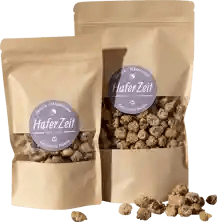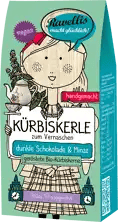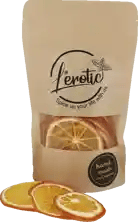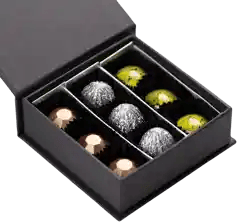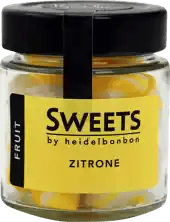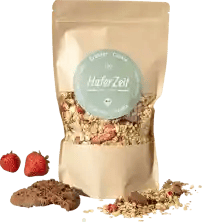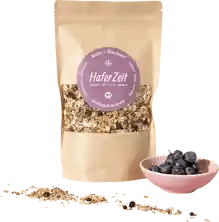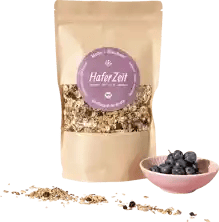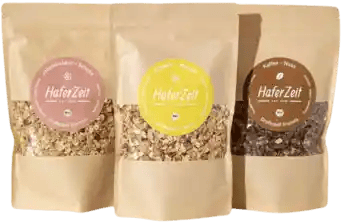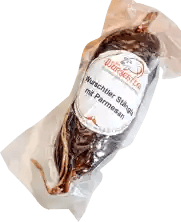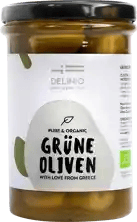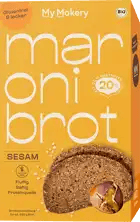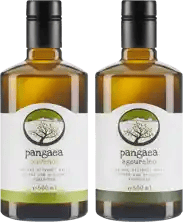Quality instead of quantity!
7,000 independent products
No mainstream
7,000 independent products
Buy fruit brandy & fruit schnapps online: apple, pear, quince or cherry
The variety of fruit brandies and fruit liqueurs is particularly large these days. Traditional fruit brandies are mainly made from plums, pears and apples. Fruit brandies are currently experiencing a real revival. In addition to fruit brandies in classic flavors, you will also find fruit brandies with raspberry, rosehip or blood orange.
What exactly is fruit brandy?
Fruit brandy is also known as fruit brandy or fruit water. As the name suggests, fruit forms the basis of this spirit.
Berries or stone fruit are mashed and fermented. The fermented mash is distilled to produce schnapps.
For a long time, fruit brandy was considered old-fashioned - but this is no longer the case today. Spirits made from fruit are all the rage right now. It even happens that
Which fruit brandy is the best?
A high-quality fruit brandy is only made from first-class fruit. In Germany, most distilleries are located south of the River Main, with the Black Forest being particularly noteworthy. The region is rich in orchards and juniper is also grown here, which is essential for the production of gin.
The Black Forest region is also home to Kirschwasser - a type of fruit brandy made exclusively from bird cherries. Fermentation and distillation also play a very important role in the quality of the fruit brandy.
What is the difference between fruit brandy / fruit schnapps and fruit spirit?
When is it a spirit and when is it a brandy? Although both products can be classified as spirits, there are still some differences between them: the biggest difference between the two distillates is the type of distillation, which in turn depends on the type of fruit used. Not all types of fruit contain the same amount of sugar. Only fruits with a high sugar content produce an alcoholic mash during maceration.
Fruit brandy is a distillate that is distilled from mash. During the fermentation process, the fruit sugar is transformed into alcohol with the addition of yeast. After fermentation, the remains of the fermented fruit are removed from the mash. The remaining pulp is called marc. In a further step, this pulp is used to produce marc spirit, also known as Marc.
For fruit brandy, however, only fruit with a low sugar content is used. As fermentation is impossible without a certain amount of sugar, sugar is added to the fruit when distilling fruit brandy. In contrast to fruit brandy, the fruit is not mashed and fermented in the production of fruit brandy, but simply set. Finally, the flavors are extracted from the fruit with the help of added alcohol. This means that not only the quality of the fruit but also the quality of the added alcohol plays an important role in fruit brandy.
How is fruit brandy produced?
Obstler is made from mashed fruit. Mashing is a process in which chopped fruit is fermented with yeast. Mashing is also the first step in the overall process in the production of brandy, beer and whisky.
The fermentation process takes around two to three weeks. The sugar contained in the fruit is converted into alcohol during fermentation. As soon as the mash has the desired sugar and alcohol content, it is distilled. The mash is heated until the liquid evaporates. The alcohol is also vaporized and separated during distillation. The vaporized alcohol is then condensed again.
In the preliminary run, the first distillation phase, harmful substances such as methanol are separated. The most important phase is the middle run, as the actual spirit is obtained from this mixture. The after-run contains fusel oils, which must also be separated. Finally, if desired, fruit brandy is stored in wooden barrels until it has reached the desired maturity.
How do you drink fruit brandy?
Obstler is considered a digestif - a spirit that is drunk after a meal and is said to aid digestion.
Obstler tastes best at room temperature, as this is when the delicate fruit flavors come into their own. As a rule, fruit brandy is drunk neat and not mixed with other drinks. However, the trend is towards cocktails with fruit brandy, with cherry brandy, raspberry brandy and spicy plum brandy being used in particular.
Fruit brandies go particularly well with cheese and desserts: serve a classic apple brandy or a fine pear brandy with a cheese platter. Desserts such as panna cotta or chocolate mousse are rounded off with kirsch or a wonderfully aromatic redcurrant brandy.
What types of fruit can be used to make fruit brandy?
As the roots of fruit brandy lie in southern Germany, Austria and Switzerland, the fruit varieties traditionally used are those that grow in this region: these are mainly pears, apples, apricots, quinces, mirabelle plums and cherries.
In connection with the current fruit brandy trend, the range of fruit brandies is particularly large these days. At Honest & Rare, you can buy fruit brandy at a reasonable price and try some very unusual varieties. How about blood orange brand y or strawberry brandy?
An aromatic fruit brandy can be drunk at any time of day: try it as an aperitif, digestif or with a sinfully sweet dessert. Fruit brandy is the new trend drink with unimagined possibilities - so let your imagination run wild.
Brilliant!

Bitte bestätige deine Anmeldung noch eben - du hast eine Bestätigungsmail von uns. Klicke darin auf den Link. Danach bekommst du deinen Rabattgutschein.


